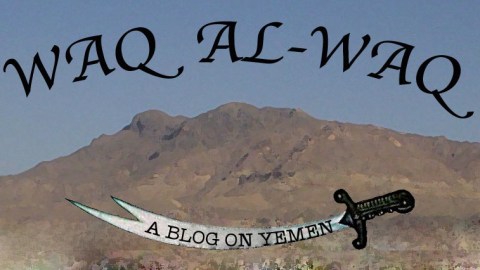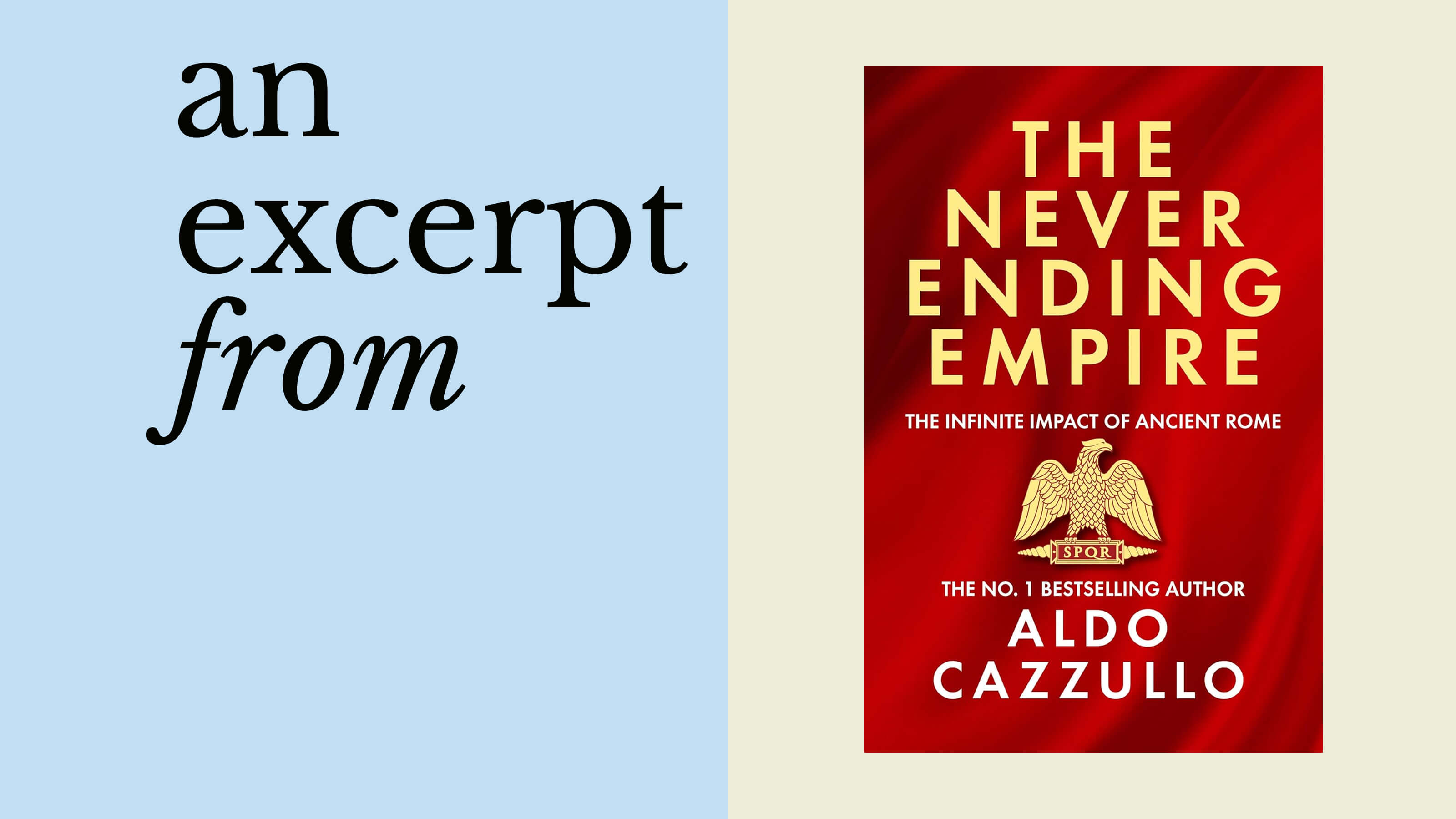What Does the Death of Anwar al-Awlaki Actually Mean

Early this morning the Yemeni government released the following statement:
The government of the Republic of Yemen announced today the death of Anwar Al-Awlaki, the American born terrorist and member of Alqaeda in the Arabian Peninsula (AQAP). Awlaki was targeted and killed 8 KM from the town of Khashef in the Province of Jawf (140KM east of the Capital Sana’a). The operation was launched earlier today at around 9:55 AM, local time.
The news of Awalki’s death has dominated the news this morning, and I imagine we’ll hear a lot more about it in the hours to come.
The information is still coming in, and any instant analysis is dangerous analysis (for instance, I keep seeing people on CNN claim that Anwar al-Awlaki was the head of AQAP this is, in fact, not true – and repeating it on television doesn’t make it so.)
Still, there are few interesting things to takeaway at this early stage.
At the level of US-Yemeni relations, the death of Awalki raises an interesting question: Does the US publicly thank President Salih and/or the Yemeni government for assistance with the strike (assuming there was a Yemeni role)?
This of course puts the US in the rather awkward position of publicly thanking a ruler it has called on to step down.
Or, does the US treat this like the raid that killed Osama bin Laden and ignore the Yemeni role (if there was such a role), which in turn may risk some of the counterterrorism cooperation that the US claims has been so good as of late?
Both choices have consequences and it will be interesting to see which way the US goes.
On the ground, many Yemenis, particularly those in the opposition and those out protesting against President Salih’s continued rule, will be watching carefully to see if al-Awlaki’s death translates into either an easing of western pressure on Salih or even a change in how the US approaches the uprising in Yemen.
President Salih has long made the argument that he is indispensable to the war against AQAP, most recently he talked about this in his speech on September 25. Of course, anyone who looks at the evidence over the years will see that Salih isn’t quite the stalwart ally he claims – but the fear of the unknown and what comes after Salih is pretty strong.
Finally, we get to what is in many way the most important question: what impact if any will al-Awlaki’s death have on AQAP?
Many in the CT community have argued that killing Anwar al-Awlaki would significantly reduce the threat of AQAP attacks coming out of Yemen. This, I think, is mistaken.
As, of course, is the idea that Anwar al-Awlaki was as dangerous as Osama bin Laden – killing Awlaki is not the same as killing bin Laden.
Bin Laden headed al-Qaeda; Awlaki did not head AQAP. They are different people with different roles and the impact of their deaths will also be different.
I have long argued that while Awlaki was a threat he was not the most significant threat coming out of Yemen. Nasir al-Wihayshi, Said al-Shihri, Qasim al-Raymi and so on are much more important to the continued existence of AQAP than was Awlaki.
I don’t think Awlaki’s death will in any way be debilitating for the organization. Of course, my claim is not something myself or anyone else can prove at this point – only time will tell.
So, is America any safer because Anwar al-Awlaki is dead? Maybe, marginally – it is tough to know.
It would be nice to see the US publicly lay out what it has been claiming over the past two years that Awlaki is an integral part of AQAP whose continued existence threatens the lives of other Americans. Up until now we have only been given anonymous statements and the diplomatic equivalent of “trust us, we know what we are doing.”
Also, of significance is the fact that Awlaki was killed in al-Jawf in the north of the country near the border with Saudi Arabia and not in Shabwa or Abyan, which have become the epicenter of the fight against AQAP over the past several months.
This begs several questions about the reach of the US in Yemen, as well as potential sources on the ground, cooperation with the Saudis and so forth.
Much more to come.





